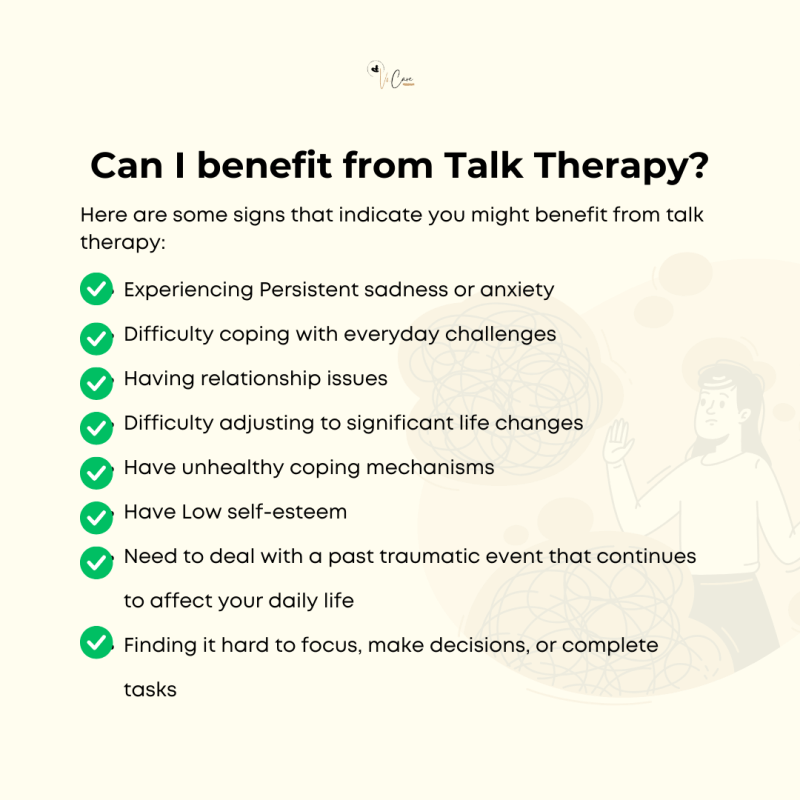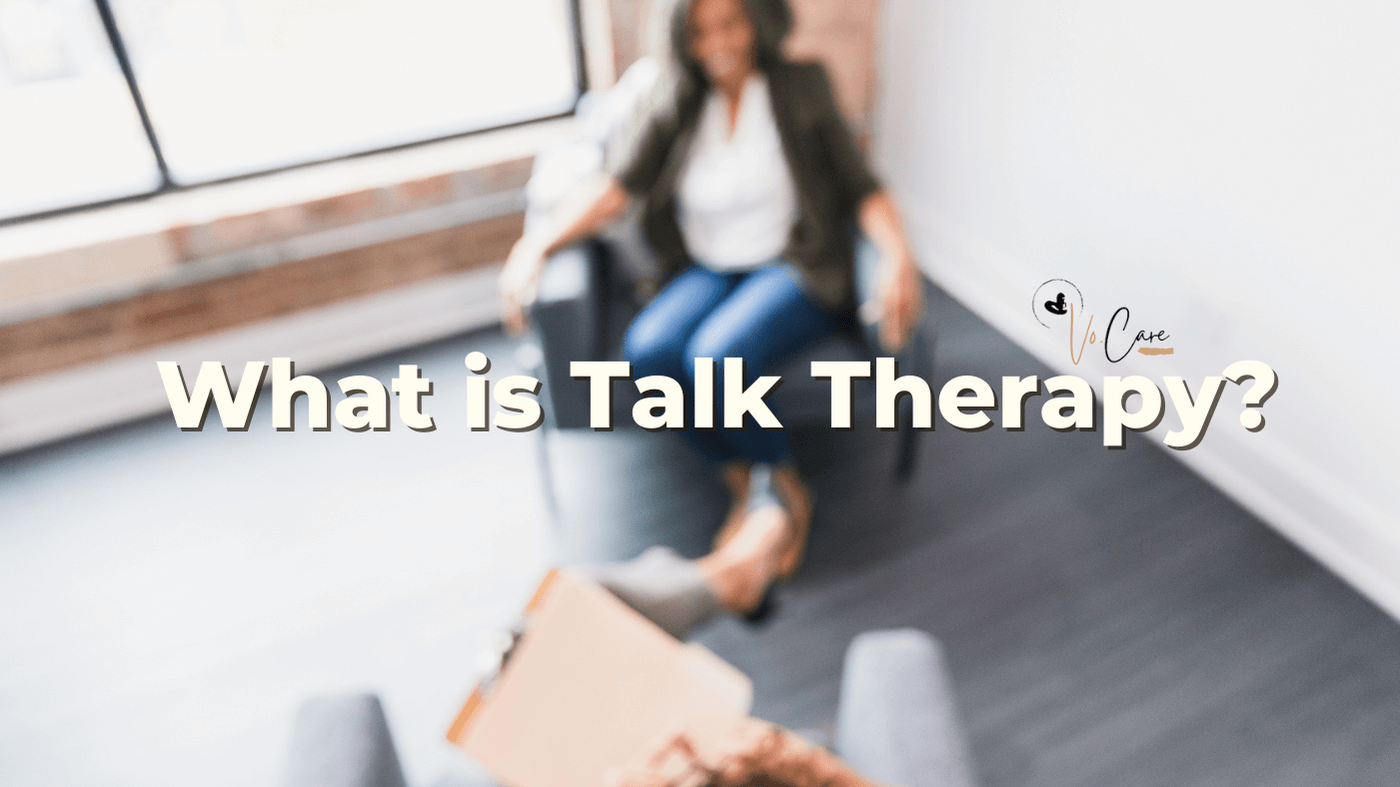TL;DR Talk therapy, also known as counseling or psychotherapy, is a safe space where you can talk openly about your feelings and thoughts with a trained therapist. It’s like having a supportive conversation with someone who helps you understand yourself better.
Talk therapy, also known as counseling or psychotherapy, is like having a heart-to-heart conversation with someone trained to help you. It’s a safe, confidential space where you can talk openly about your feelings, thoughts, and struggles.
In today’s blog, I want to share how talk therapy goes to, hopefully, address some of the misconceptions you have about how it is done.
1. A Safe Space to Talk
In talk therapy, you share your thoughts and emotions with a professional listener, your therapist. They listen without judgment, providing a supportive and non-critical environment.
2. Self-Exploration and Understanding
Therapists ask questions to help you explore your feelings and understand yourself better. It’s like unraveling your thoughts with someone who guides you through the process.
3. Learning Coping Strategies
Therapists teach practical strategies to manage stress, anxiety, or sadness. These tools empower you to cope with life’s challenges more effectively.

4. Setting Personal Goals
Together with your therapist, you set achievable goals. These goals guide your therapy journey, helping you work towards positive changes in your life.
5. Building Trust and Support
A strong therapeutic relationship is built on trust. Therapists offer support, helping you feel heard, valued, and understood.
6. Confidentiality and Privacy
Everything discussed in therapy remains private. Therapists adhere to strict confidentiality rules, ensuring your privacy and trust are respected.
7. Your Journey, Your Pace
Therapy progresses at your pace. You decide what to talk about and how much to share, ensuring you’re comfortable throughout the process.
Talk therapy is not about being ‘crazy’ or ‘broken.’ It’s a resource for everyone, offering valuable insights, emotional support, and practical skills to enhance your well-being. If you’re considering therapy, know that it’s a courageous step toward self-improvement and mental wellness.
If you’re curious about how talk therapy can make a positive difference in your life, don’t hesitate to take the next step. Reach out and explore the possibilities. Your journey to a happier, more fulfilling life starts with a simple conversation.
You can connect with me and ask any questions about my services by visiting New Patient or by reaching out to me directly through Contact. I’m here to listen, support, and guide you on your path to well-being. Your mental health matters!

